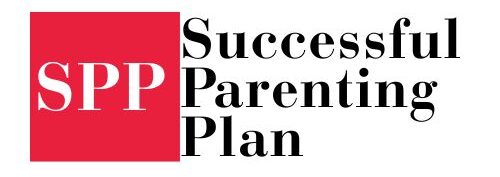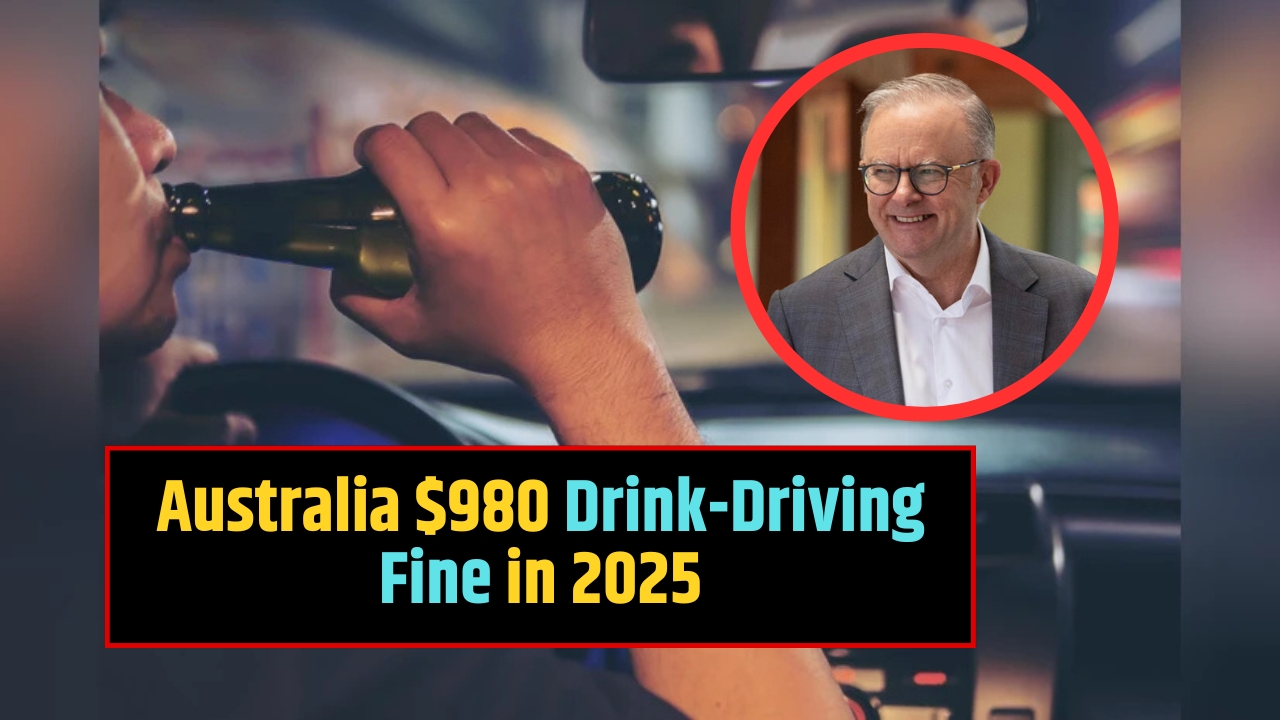Join on WhatsApp
Get the latest updates directly on WhatsApp – motivation, news & more!
Australia’s roads are about to get a lot less forgiving for anyone tempted to drink and drive. Starting January 1, 2025, a nationwide mandatory fine of $980 will kick in for all drink-driving offences — a hardline move that marks one of the toughest national crackdowns in recent memory. Authorities say it’s not just about punishment; it’s about survival.
Stricter Laws, Clearer Message
From the new year, any driver caught with a Blood Alcohol Concentration (BAC) above 0.05% will be slapped with the fine. For learner, provisional and probationary drivers — plus those operating certain commercial vehicles — the rule is even simpler: zero tolerance. Any trace of alcohol, and you’re done.
The Department of Infrastructure, Transport, Regional Development and Communications (infrastructure.gov.au) says the change is part of a broader push under the National Road Safety Strategy 2021–2030, which aims to halve road deaths by the end of the decade.
Lawmakers believe the severity will make people think twice before getting behind the wheel. Apart from the fine, offenders can expect licence suspensions, demerit points, and in serious or repeat cases, possible jail time.
Who’s Affected
The new penalty structure is intentionally broad — a one-size-fits-all deterrent. It applies to:
| Licence Type | BAC Limit | Immediate Penalty |
|---|---|---|
| Full licence holders | Over 0.05% | $980 fine + 3-month disqualification (minimum) |
| Learner & provisional drivers | Any alcohol | $980 fine + licence suspension |
| Commercial vehicle drivers (designated classes) | Zero BAC required | $980 fine + suspension + possible court action |
While the fine is national, state and territory governments will still handle enforcement. Expect minor procedural differences — like how points are added or the exact suspension length — but the $980 base fine and BAC limits remain uniform across the country.
Beyond the Fine: What Offenders Face
That $980 hit is just the start. A first-time offender can also expect:
- Licence disqualification (minimum three months)
- Demerit points recorded, potentially triggering automatic suspensions
- Court appearances for higher BAC readings or repeat offences
- Alcohol interlock devices in vehicles for serious or repeat offenders
Officials have been blunt: the goal isn’t revenue. It’s deterrence. As one Victorian police spokesperson told reporters this week, “We want drivers to feel that one wrong choice could upend their licence, their wallet, and their life — not just tonight, but for years.”
Why the Crackdown Was Needed
Drink-driving remains a stubborn killer. Despite decades of “Don’t Drink and Drive” ads and TV campaigns, Transport Australia data shows around one in five fatal crashes nationwide involve alcohol impairment. The numbers spike sharply on weekends and during holidays — a grim seasonal pattern authorities are desperate to break.
According to the Australian Road Deaths Database (data.infrastructure.gov.au), over 1,200 people die on Australian roads each year. Officials say if even a fraction of those deaths can be prevented through harsher penalties and consistent enforcement, the policy will be worth it.
Policing on Overdrive
It’s not just new fines — it’s a whole new policing tempo. Law enforcement agencies are ramping up random breath tests (RBTs) across all states, particularly during:
- Long weekends and holiday travel peaks
- Late-night hours near bars and event districts
- Rural and regional routes known for higher risk
Police will also use mobile testing units and covert operations to target hot spots. The idea is to keep drivers guessing — and sweating. As one NSW officer put it, “You won’t know when we’re testing, but we’ll be there.”
National Rule, Local Edge
The new $980 fine provides a national baseline, but every state can layer on its own penalties. Queensland, for instance, is considering mandatory education courses for first-time offenders. South Australia may impose longer disqualifications for BAC readings above 0.10%.
Drivers caught with extremely high BAC levels (over 0.15%) will almost certainly face court, and possibly mandatory participation in rehabilitation or awareness programs, according to australia.gov.au.
Road Safety Campaigns and Public Reaction
The fine rollout coincides with a fresh wave of public education campaigns — TV spots, billboards, and social media ads — hammering home the message that even one drink can cost you your licence. Ads highlight not just the legal and financial blow, but also the personal devastation of alcohol-related crashes.
Campaign slogans like “You Can’t Drive Away from $980” and “It’s Not Worth It” are already making rounds in New South Wales and Victoria. Ride-share apps and local councils are joining in, promoting safe alternatives such as public transport, community ride programs, and designated-driver schemes.
What Drivers Should Do Now
With less than three months until D-day, here’s what every driver needs to do:
- Check your local BAC laws — especially if you’re on a provisional or commercial licence.
- Plan your nights out: arrange a ride before you have that first drink.
- Don’t rely on myths like “waiting an hour per drink.”
- Understand the risk: you’re not just risking $980, but possibly your job, insurance rates, and criminal record.
Authorities are clear: if you drink and drive after January 1, 2025, you will almost certainly be caught — and it will hurt.
The Bottom Line
Australia’s new drink-driving penalty isn’t just a policy tweak — it’s a cultural statement. A $980 reminder that convenience can’t trump safety. By unifying fines across the country and doubling down on roadside enforcement, the government is signaling that impaired driving is no longer negotiable.
The takeaway? Starting 2025, think before you drink. Because this time, there’s no leniency, no excuses — and no way to talk your way out of it.
FAQs
When does the new drink-driving fine come into effect?
January 1, 2025. It applies nationwide across all Australian states and territories.
Does the $980 fine replace existing state penalties?
No, it sets a national minimum fine. States can add extra penalties such as longer suspensions or court fees.
What is the legal BAC limit for full licence holders?
0.05%. Anything above that triggers the $980 fine and licence disqualification.
Can I be jailed for drink-driving under the new laws?
Yes, for high-range or repeat offences. Courts may also order alcohol interlocks or rehabilitation programs.




